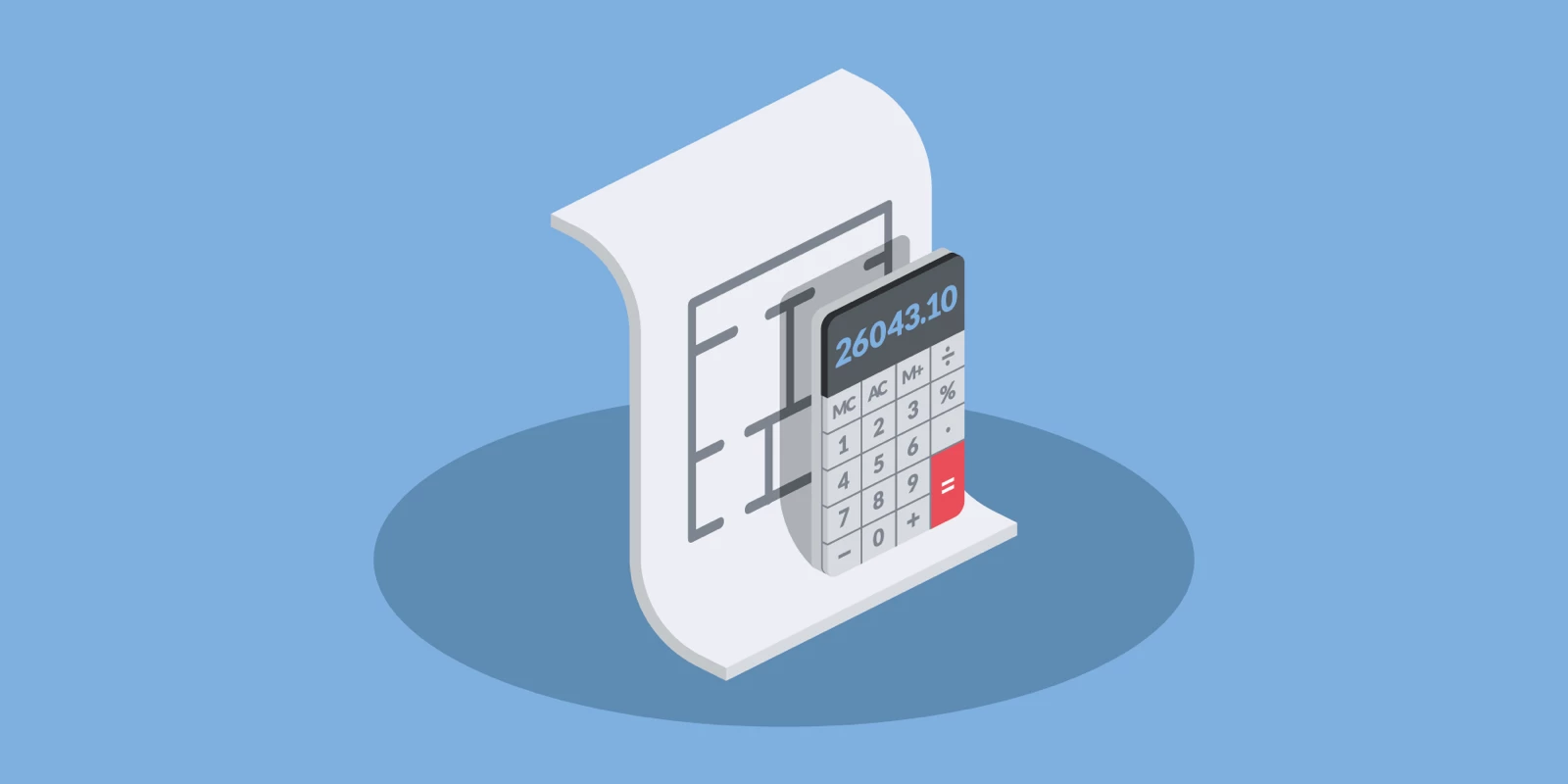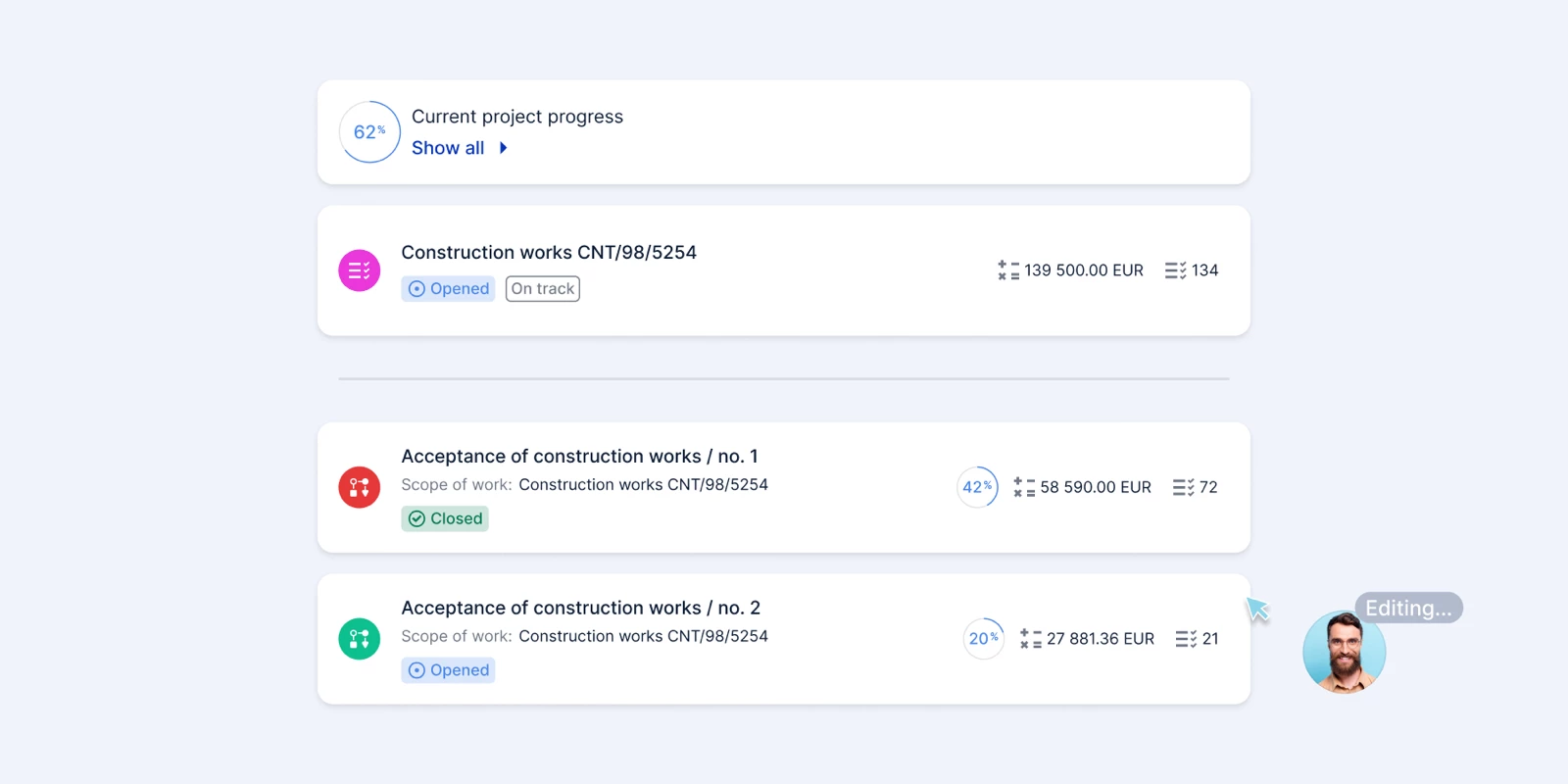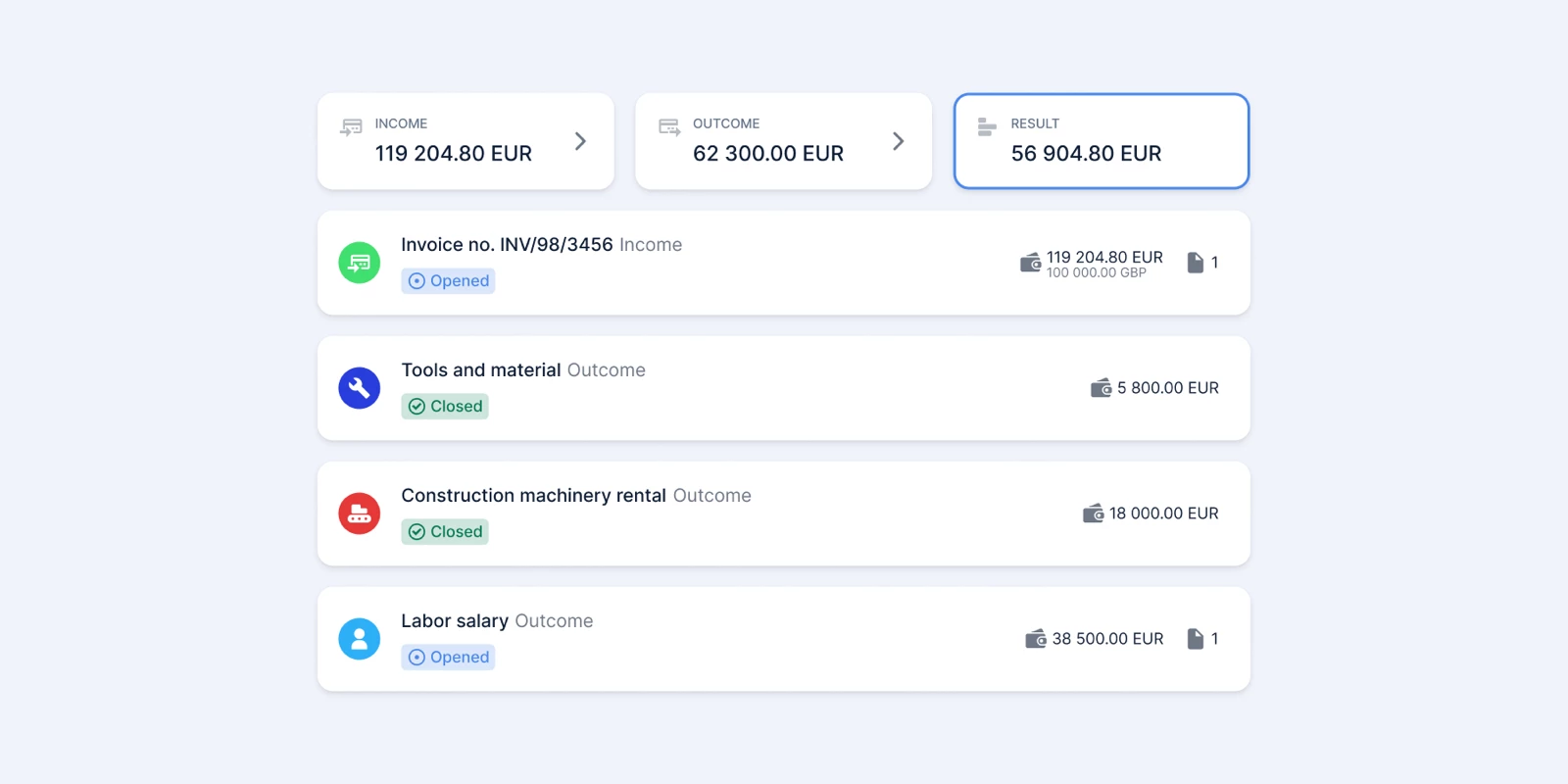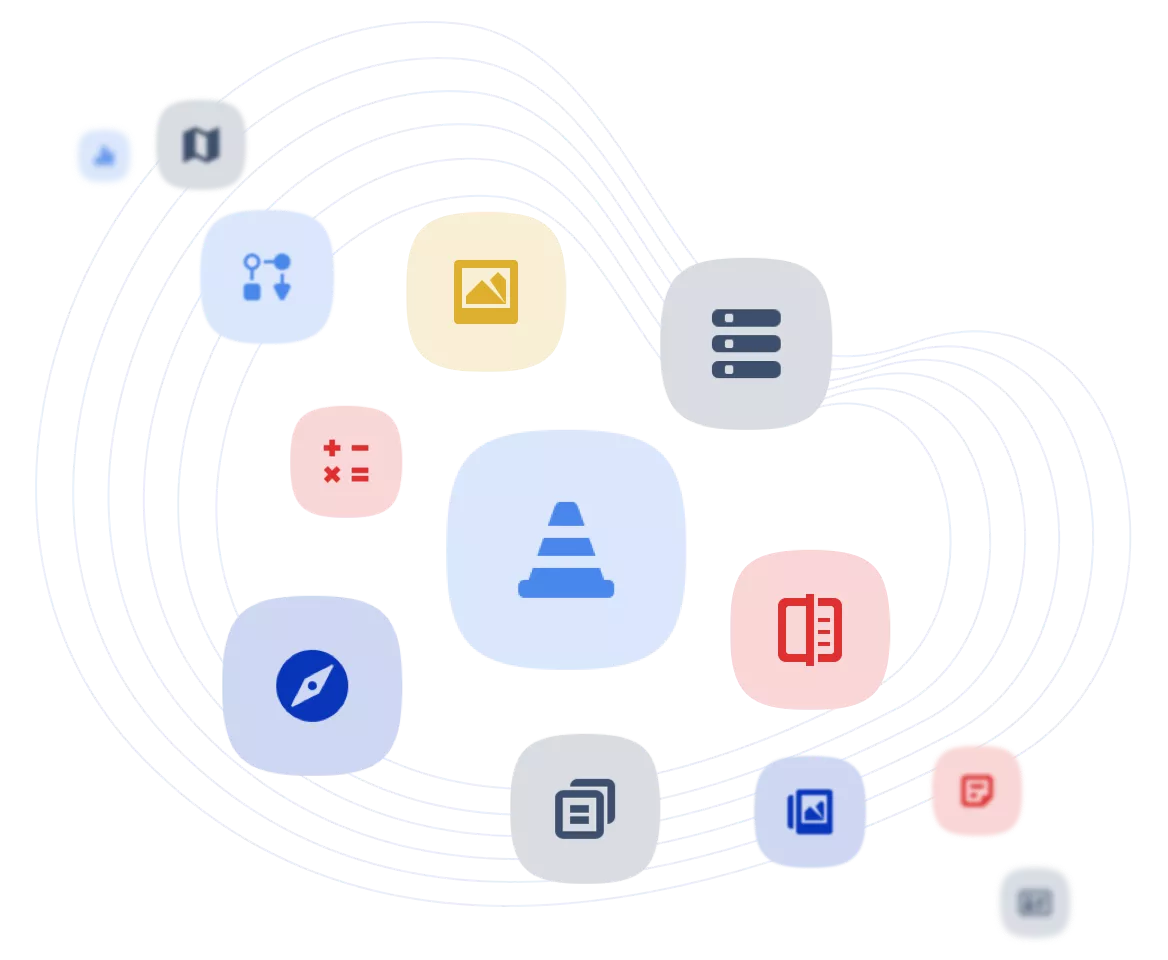How to manage finances in a construction investment?
Effective financial management is one of the key aspects of the success of a construction investment. In this article, we discuss the tips and tools that can be helpful in achieving this goal.

Finances and the success of your project
Those tasked with managing the finances of a construction investment know the demanding nature of their role. Whether you're building a house, an industrial hall, or a photovoltaic farm, effectively monitoring expenses is crucial. Proven strategies and tools not only help minimize risks but also ensure financial stability and impact the pace of project completion.
Both the benefits to the investment and concerns about the negative consequences of neglecting this aspect motivate the improvement of financial management processes. Lack of control over finances poses a significant threat to the planned budget, leading to:
- Significant project cost overruns, necessitating the sourcing of new funds or project modifications
- Delays in subsequent stages of work
- Threats to the profitability of the endeavor
If you recognize the importance of effective financial management and want to streamline processes in your company, this article is for you.
Budget planning - core to investment performance
Writing an article solely about budget development could be quite extensive. Anyone who has worked on such a document knows the multitude of factors that influence its final form. From the project's specifics and market conditions to the company's capabilities and goals - each element plays a crucial role.
Key points: While industry experience is undoubtedly very helpful during budgeting, individuals working on this document still need to conduct thorough research. To develop an accurate budget, analyzing current market data is essential.
What, then, must such an analysis include? The budget for a construction investment should encompass several key components, among others:
- permits
- insurance
- labor costs
- materials
- fees related to ensuring safety on the construction site
- administrative costs
To this list, of course, many other points can be added, including investments in quality control, office expenses or software costs. Including other seemingly insignificant costs can help minimize risk and ensure project liquidity.
Creating a budget is one of the initial stages of an investment, but it's also a pivotal aspect that will accompany us throughout the project. It enables investors not only to accurately forecast financial matters but also serves as a monitoring tool at each stage of the project.

Monitoring finances during the project
The budget is a vital construction document that remains integral throughout the project's duration. After its development, it should remain in use at all times for better control and security of the investment.
Updating the budget is a fundamental task during the project's progress and doesn't necessarily indicate neglect in cost estimation. Financial managers in construction should also possess the ability to adapt to unforeseen changes or incidents, which may occur despite meticulous planning.
Discrepancies between estimated and actual costs can arise due to delays, breakdowns, or other unexpected expenses. In such cases, promptly identifying differences and, if necessary, reallocating funds are crucial aspects of financial management.
Tip: A common practice during the budgeting stage is to allocate a contingency reserve to cover unexpected costs. Its amount is subjective, but typically ranges from 5% to 10% of the total budget.
Optimizing project financial management through applications
Years of experience, understanding market trends, and having a cohesive team are assets that undoubtedly contribute to smoother financial management in a construction project. However, even the best specialists can benefit from support in the form of software or applications, enabling them to perform their duties more efficiently.
The primary role of financial management modules in technological solutions is to ensure constant and convenient access to up-to-date information. The dashboard should enable the creation of clear summaries of income and expenses, making it much easier to draw conclusions while minimizing the risk of errors.
Cloud-based applications are also becoming increasingly common solutions for storing financial documentation, including invoices. With them, files are not only secure but also easily accessible and quickly displayed.
The visual presentation of financial data is also significant. While some may find traditional tables indispensable, supplementing the information with percentage charts or tagging stages appropriately can significantly facilitate the understanding and interpretation of data.

Keep your investment finances under control
Managing project finances can be challenging, but combining expertise, experience, and technology helps maintain high efficiency levels. If you want to learn more about the financial module in construction company applications, click here.




